General description
The gene CHRM1 (cholinergic receptor, muscarinic 1) encodes a muscarinic cholinergic receptor that is the most abundant muscarinic receptor in the CNS (central nervous system). It is predominantly expressed in the neurons. It is a member of the muscarinic acetylcholine receptor family that conatins five subtypes, CHRM1-CHRM5. These subtypes have high homology but differ in signal transduction mediated via G protein-coupled pathways, resulting in varying physiological responses. The subtypes CHRM1, CHRM3, and CHRM5 have affinity for G proteins of the Gq/11 family and CHRM2 and CHRM4 bind to Gi/o-type G proteins. The gene is mapped to human chromosome 11q13.
Immunogen
Muscarinic acetylcholine receptor M1 recombinant protein epitope signature tag (PrEST)
Application
Anti-CHRM1 antibody produced in rabbit, a Prestige Antibody, is developed and validated by the Human Protein Atlas (HPA) project . Each antibody is tested by immunohistochemistry against hundreds of normal and disease tissues. These images can be viewed on the Human Protein Atlas (HPA) site by clicking on the Image Gallery link. The antibodies are also tested using immunofluorescence and western blotting. To view these protocols and other useful information about Prestige Antibodies and the HPA, visit sigma.com/prestige.
Applications in which this antibody has been used successfully, and the associated peer-reviewed papers, are given below.
Immunohistochemistry (1 paper)
Biochem/physiol Actions
The protein encoded by the gene CHRM1 (cholinergic receptor, muscarinic 1) stimulates intracellular Ca2+ signaling in response to acetylcholine in striatal cells. The expression of this protein is modulated by heterochromatin condensation and any changes in its structure leads to impaired Ca2+ release from ER. The encoded protein enhances phosphatidylinositol (PtdIns) hydrolysis and mobilization of intracellular Ca2+. Both CHRM1 and CHRM2 are involved in regulating cholinergic action on glutamatergic and GABAergic nerve terminals in the stiratum and this system has been associated with HD (Huntington′s disease) pathology.
Features and Benefits
Prestige Antibodies® are highly characterized and extensively validated antibodies with the added benefit of all available characterization data for each target being accessible via the Human Protein Atlas portal linked just below the product name at the top of this page. The uniqueness and low cross-reactivity of the Prestige Antibodies® to other proteins are due to a thorough selection of antigen regions, affinity purification, and stringent selection. Prestige antigen controls are available for every corresponding Prestige Antibody and can be found in the linkage section.
Every Prestige Antibody is tested in the following ways:
- IHC tissue array of 44 normal human tissues and 20 of the most common cancer type tissues.
- Protein array of 364 human recombinant protein fragments.
Linkage
Corresponding Antigen APREST72768.
Physical form
Solution in phosphate-buffered saline, pH 7.2, containing 40% glycerol and 0.02% sodium azide
Legal Information
Prestige Antibodies is a registered trademark of Sigma-Aldrich Co. LLC
Disclaimer
Unless otherwise stated in our catalog or other company documentation accompanying the product(s), our products are intended for research use only and are not to be used for any other purpose, which includes but is not limited to, unauthorized commercial uses, in vitro diagnostic uses, ex vivo or in vivo therapeutic uses or any type of consumption or application to humans or animals.
- UPC:
- 12352207
- Condition:
- New
- Weight:
- 1.00 Ounces
- HazmatClass:
- No
- WeightUOM:
- LB
- MPN:
- HPA014101-100UL












